Gold Coast history: 30 years since Goss Government voted to decriminalise homosexuality
The past decade produced significant acceptance of the LGBTQIA community. This year marks 30 years since Queensland’s historic vote to decriminalise homosexuality.
Gold Coast
Don't miss out on the headlines from Gold Coast. Followed categories will be added to My News.
THE past decade produced significant acceptance of the LGBTQIA community. From the passing of marriage equality in 2017 to the quashing of historic convictions and gender diversity gaining greater visibility.
But progress has never been easy.
This year marks three decades since Queensland’s landmark decriminalisation of homosexuality, a long-overdue move that brought the sunshine state into line with the rest of mainland Australia.
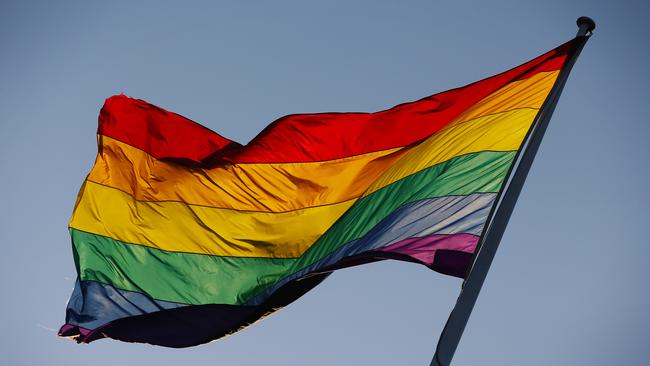
Queensland lagged behind the other states, with the vote in State Parliament coming 15 years after South Australia accomplished the same thing in 1975.
Similar legislation was passed in the ACT (1976), Victoria (1980), the Northern Territory (1983), NSW (1984) and Western Australia (1989).
By 1990 Queensland and Tasmania remained the last two holdouts.
Delayed action in Queensland came as a result of significant opposition from the ruling National Party government of Sir Joh Bjelke-Petersen.
In early 1987, just two days after the iconic grim reaper AIDS awareness advertisement was aired, Sir Joh launched a bizarre attack on then-Opposition leader Nev Warburton.
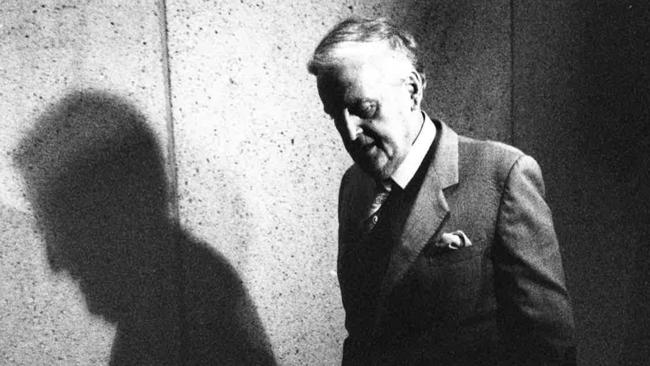
The Labor leader was accused of “promoting the type of lifestyle which spread AIDS”.
During a fiery parliamentary debate, Sir Joh even suggested to Mr Warburton that a sexually permissive lifestyle “came natural” to the opposition because he claimed they practised it.
“Down in NSW they want to legalise it – that way of life – the homosexuals and all the rest,” Sir Joh said.
“You didn’t bargain on AIDS when you were promoting all this sort of living.”
In late 1987, just weeks before he lost the state’s top job, Sir Joh declared the State Government would not legalise condom vending machines and would move to immediately prosecute people installing them.
Sir Joh defiantly said the state would not “be dragged into the condom culture”. Calls came for his resignation from the Opposition which insisted he had shown no concern for people fighting AIDS.
Two years later it became a major election issue in Queensland, as the Nationals, badly damaged by the revelations of the Fitzgerald Inquiry, faced the Wayne Goss-led Labor Party.
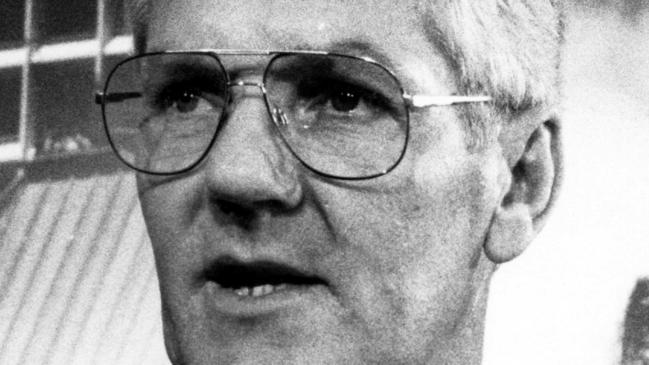
Then-Premier Russell Cooper, himself installed in the role weeks out from the election, bitterly slammed the impact he believed decriminalising homosexuality would have.
“Labor would make moral decay the law in Queensland,’’ he said to his fears that homosexuality and prostitution would be legalised.
The Gold Coast would become the gay capital of Australia and gay mardi gras would be held through Brisbane’s streets, he said.
“As far as we’re concerned we don’t recognise homosexuality in this state and that’s where the matter rests.”
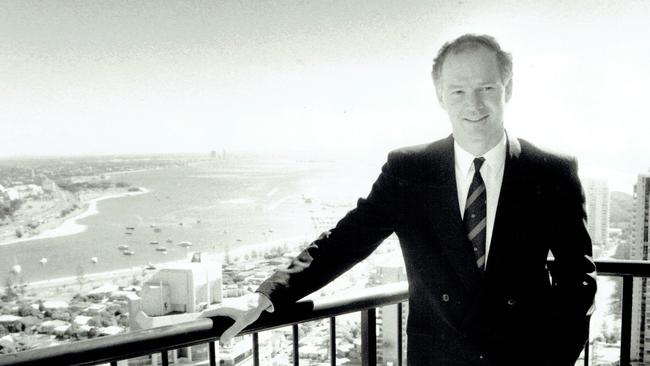
Labor won the December 1989 election and, years later, Cooper admitted his views were wrong.
During the Goss Government’s first year in office, the decision was taken to move forward with decriminalisation, something that proved highly controversial.
The Presbyterian Church in Brisbane said the laws would lead to the destruction of society.
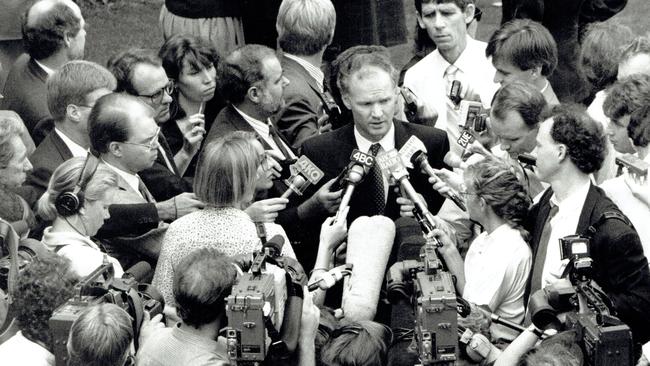
In a letter to Mr Goss, the church said the State Government would be responsible for a rise in the spread of AIDS if it decriminalised homosexuality.
The church also called for gay teachers to be banned.
However, reform of the law was backed by the Catholic Church, the Anglican Church and the Joint Church Social Justice Group.
The law reforms were passed in late 1990 and came into effect in January 19, 1991.
Following the Goss Government’s historic vote, Tasmania stood alone, only itself voting for decriminalisation in 1997.
Originally published as Gold Coast history: 30 years since Goss Government voted to decriminalise homosexuality
